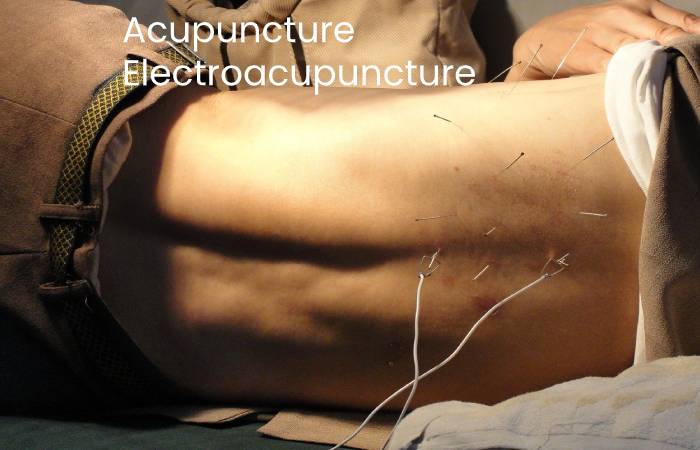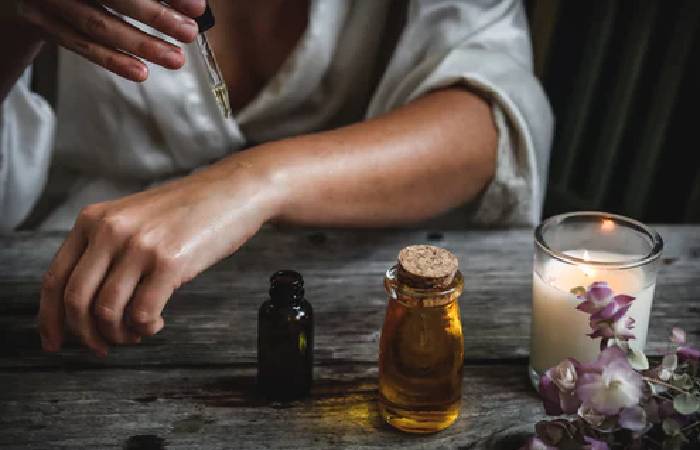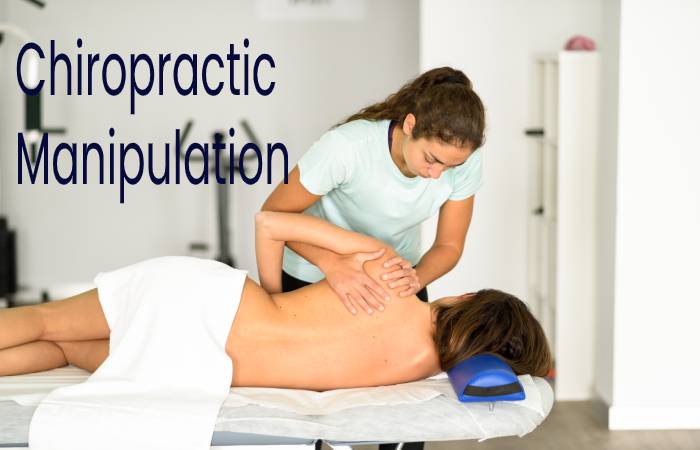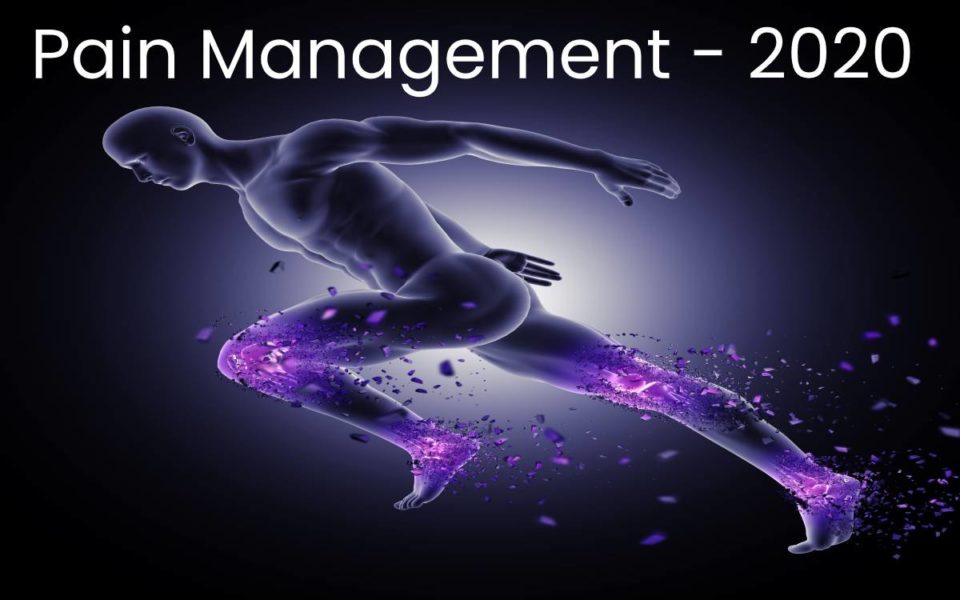There are various treatments without medicines that can help with the pain. It is essential to talk with your health care provider before trying any of them, Pain management includes medications and therapies to treat the pain of surgery, injury, or illness. The pain can cause changes in physical and emotional health, such as depression and insomnia.
Table of Contents.
Acupuncture

It may look uncomfortable, but it doesn’t hurt if a licensed pro does this traditional Chinese practice.
Therapists put thin needles just under the skin at specific points in your body. It may help reduce chronic pain in your knees, lower back, and neck. You can also try for headaches.
Acupuncture, electro-acupuncture, and other related techniques in the treatment of pain are procedures of ancient roots, which derive from traditional Chinese medicine.
The methods that which use today under the term “acupuncture” are multiple, and we can find them describe as:
- Acupuncture: use of metallic needles on particular points of the skin.
- Trigger point therapy: very superficial infiltration of reactive points of the skin.
- Electro-acupuncture: applying of electrical currents on acupuncture needles.
- Auricular therapy: it is using the stimulation of the pain area of the auricular structure.
Today, WHO promotes the development of acupuncture, both at a practical level and in research. The fundamental traditional acupuncture Vale medicine maintained for centuries due to the constancy of its effects.
The theories of Chinese medicine are before the existence of the scientific method and, therefore, their practices come from observation and are empirical.
What is Qi?
According to these theories, the main element of our physical activity is the so-called Qi (energy), a non-visible feature, close to our western sense of “life force. “The Qi travels in the whole body through “channels” that, as they are not visible, are also called “meridians.”
The metallic needles inserted into particular points of the skin, which correspond to the so-called channels or meridians through which blood and energy circulate.
Acupuncture uses very fine and polish metal needles of different lengths and sizes depending on the area to be puncture.
Acupuncture Sensation Deqi
In a regular session, 10 to 12 needles will insert, which is practically painless.
Acupuncture manipulation will carry out, rotating movements, until the tissues prevent further rotation, These movements cause the “acupuncture sensation Deqi,”.
After obtaining this sensation, repeat maneuvers will perform on the needles either electrically stimulate or heat them with a technique called moxibustion.
Medical Marijuana helps in Pain Management

It doesn’t work as a regular pain reliever. Instead of getting rid of your pain, your brain will make you believe it’s not too bad. If you have chronic pain, you may feel better.
To use medical marijuana, you need to follow the legal state policies and get prescribed by your consulting doctor.
Marijuana contains chemicals that researchers suggest to have medicinal use.
These two chemicals are tetrahydrocannabinol (THC) that eliminates pain and cannabidiol (CBD) that improve brain situations. Some of the benefits that scientists have found mentioned below.
1.It is useful for treating glaucoma
The use of Marijuana use to treat and prevent eye glaucoma, a disease that increases pressure in the eyeball, damaging the optic nerve and causing vision loss.
Eye pressure can be lower by marijuana, according to the National Eye Institute: ” Studies says marijuana, when use, lower the intraocular pressures (IOP) in humans with normal pressure and people with glaucoma’s”.
These effects of the drug can slow the continuation of the disease, preventing vision.
2. lung health
lung health can improve by helping reverse the carcinogenic effects of tobacco. Marijuana does not impair lung function and may even increase lung capacity.
3. Helps control seizures
Marijuana use can prevent seizures, said a study published in the Journal of Pharmacology and Experimentally.
Cannabinoids, such as marijuana’s active ingredients, tetrahydrocannabinol control seizures by binding to brain cells responsible for controlling irritability, and regulating relaxation.
4. Cancer
Cancer can be treated by a chemical found in marijuana from spreading. CBD can help prevent the spread of disease.
5. Decrease anxiety
Users of medical marijuana claim that the medication helps relieve pain and suppresses nausea, the two main reasons why it is use in creating adverse effects of chemotherapy surgery.
Some benefits of the drug to reduce anxiety, which improves the mood of the smoker and would act as a sedative at low doses.
higher doses can increase anxiety and make you paranoid.
6. THC slows the growth of Alzheimer’s disease
Marijuana may be able to slow the progression of Alzheimer’s disease, say scientists at the Scrips Research Institute.
The active chemical in marijuana, retards the formation of alkaloid plaques by blocking the enzyme in the brain that produces them.
Supplements and Herbs For Pain Management.

If anyone wants to treat their pain in a natural way, some options to ease your pain. One study found that ginger extract is as good as ibuprofen for arthritis.
The willow bark and the devil’s claw may help your aching back. And fish oil can sometimes alleviate symptoms from Raynaud’s syndrome and lupus.
Consult your doctor before trying anything. Supplements may interfere with other medications you may be taking, or you may be infected if you are pregnant or breastfeeding.
Dietary supplements and herbs
It may be beneficial to your health, but taking supplements and herbs may also involve health risks. The World Food and Drug Administration (FDA) does not have the authority to review dietary supplement products for safety and efficacy before marketing.
While some supplements are well known and popularly established, others need further analysis. Read important information for you and your family about dietary supplements and herbs.
Before making decisions about whether to take a supplement, consult your health care provider. he will suggest achieving a balance between the foods, diet, and nutrients you need personally
Dietary supplements and herbs include various vitamins, minerals, herbs, amino acids, and enzymes — supplements marketing in forms such as tablets, capsules, beads, gel capsules, powders, and liquids.
Some supplements can help that you get enough essential substances that the body needs to function; others can help reduce the risk of disease. But supplements should not wholly replace foods that are necessary for a healthy diet, so also be sure to eat a variety of foods.
Unlike drugs, supplements cannot be marketed as a treatment or as products that diagnose, prevent, or cure diseases. Supplements and herbs should make claims such as “reduce pain” or “treat heart disease.
Essential oils maintain to control Pain Management

There is no enough research to make the case one way or the other. But what we do know is that some scents can relax you, which can put some distance between your pain. Lavender oil may help with your headache. Black pepper, chary sage, and marjoram soothe the sore muscles.
Chemo types essential oils use for pain management
The chemo types essential oils, such as concentrated extracts, can give us a fast and potent analgesic and even anesthetic effect. Among the immense variety that exists:
1.The AE of gaultheria, which contains methyl salicylate, a painkiller, and anti-inflammatory, similar to aspirin.
2.The mint of field mint, whose menthol content generates an almost immediate anesthetic cold effect.
3. The AE of rosemary chemo type camphor, a muscle relaxant, and potent analgesic.
4. The Ylang-ylang EA, which stimulates the production of endorphins, morphine-like substances that our body produces naturally to reduce pain.
Selection of the most suitable AE
When choosing one or the other, we will have to take into account the location of the pain, since there are essential oils with a particular affinity for certain types of tissue.
They are usually used topically and, occasionally, orally.
However, when the pains are challenging to locate or diffuse, it will be preferred to use the olfactory route, to stimulate the production of neurotransmitters and endorphins of analgesic effect.
Thus, essential oils are effective natural active ingredients for pain management and safe provided they use at the indicated doses.
In some cases, they may enhance a conventional analgesic treatment, acting as adjuvants, and in others, they may constitute an alternative analgesic treatment to synthetic medicine.
Chiropractic Manipulation

Physiotherapists use hand adjustment to treat pain in a significant way, to treat tender muscles and joints.
Over time, changes in your injured tissue can lead to inflammation and make movement more difficult. By manipulating your spine or other muscles, the chiropractor can often relieve the pain you feel.
Chiropractic care can reduce pain and reduce certain medications. It may also help treat neck pain and wrist tunnel syndrome.
The chiropractor should know about any physical problems you may have, and that makes it difficult for you to perform specific tasks. Also, tell him if he has any tingling, numbness, weakness, or any other neurological related problem.
After knowing about your health, the chiropractor will do a physical exam. His treatment includes tests of the movement of the spine (how well the spine moves).
The chiropractor may suggest doing some tests, such as any joint pains by taking x-rays and checking blood pressure and. These tests search problems that may be increasing the back pain.
Treatment begins in early visits in most cases.
- You may ask to lie on a unique table, where the chiropractor performs spinal manipulations.
- The treatment is the manipulation that the chiropractor does by himself hand. It consists of movements of a joint of the spine to the maximum of its twist, followed by light compression.
- Treatment is often called “adjustment” and realign the bones of the spine so that they are straight.
- The chiropractor can also perform other alternatives, such as massages and delicate tissue problems.
Homeopathy For controlling Pain Management

The idea behind homeopathy is simple: you can even heal a little of what you are sick with pain.
Remedies that you buy in stores or trained homeopathy contain diluted amounts of herbs and other plants, minerals, and animal products.
homeopathy can control Pain Management
While some studies show that homeopathy can reduce pain from fibrillation and chronic fatigue syndrome, there is still not enough robust research to be sure.
Its use is frequent in acute problems (bruises, sprains, burns, muscle contractual.), Sub acute (recovery of ankle sprains, tendinitis, muscular pathology.), chronic (rotatory cuff tendinitis, joint pain, neuropathic pain.), and in my experience of help in androgenic pain (caused by surgery, radiotherapy, and chemotherapy).
In poly medicated patients, they contribute to the value of limiting pharmacological interactions and adverse reactions.
Likewise, it can be useful in the treatment of emotional problems associated with chronic pain and, sometimes, in patients with pain that is difficult to solve by individualizing the treatment of the painful problem.
Hypnotherapy for Pain Management

By hypnotism now, it helps relieve pain from irritable bowel syndrome, headaches, arthritis, musculoskeletal pain syndrome, cancer, and sickle cell disease.
A trained hypnotherapist guides you through the exercise of relaxation and uses the power of advice to change how you think about pain. Most people see improvement in four to 10 sessions
In the area of health, pain treatment is one where hypnosis has greater acceptance and use in the medical field, especially when chronic pain is involved.
Hypnosis to maintain Pain Management
As explained by the president of the Center for Clinical Hypnosis in Chile, “hypnosis has proven effective in those painful ailments or syndromes in which conventional treatments do not achieve significant or permanent results, such as, for example, muscular rheumatism or neuropathic pain, frequent in cancer patients.”
In addition to the treatment of pain, one of the aspects that Cristina Schilling highlights most about this tool is that it achieves faster results in many of the therapies used by health professionals.


